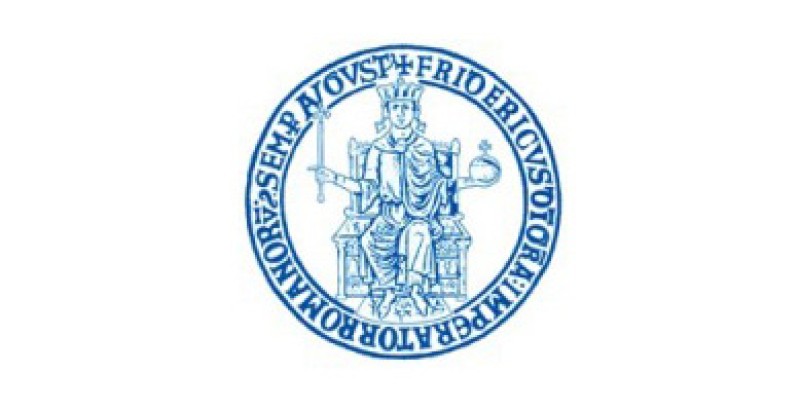Power, resistance, and persistence in organizations often exist side by side, alongside reactions to them, such as revolt,
bargaining, sabotage, cynicism, complacency, inventiveness, or ignorance. Many scholars have examined and debated the various
epistemologies of power and its exercise, and have attempted to characterize the complex mixtures of power, control, resistance
and persistence, which more fully capture the interwoven and perhaps interdependent relations between power and resistance.
They have examined resistance where some forms of it may be equally described as shadowy, covert and, occasionally, illegal.
There is a rich stream of scholarship in these areas, which will help inform the Colloquium theme.
American anthropologist Jason Pine charted his experiences in Naples, translating a well-known Neapolitan expression "arte di arrangiarsi" to coin the phrase in English as "the art of making do". It describes the local "attitude" of handling a context marked by
hidden powers and blurred distinctions in original, entrepreneurial, and informal ways. Naples has perfected this art of "making
do" in the shadow of Vesuvius and its latent brutal power. Seen from the city, it does not appear like common images of volcanoes
worldwide. There is no smoke or eruptive fissures on its sides. Seemingly quiet, it hides in its depths relentless magmatic
movements and catastrophic potential, its ever-present threat internalized by the Neapolitans and characterized by a fatalistic
attitude and scepticism toward coping with power – making do. This fatalism in the shadow of the Vesuvius's power invites
more reflection on whether and how power and resistance can be ignored or disregarded (as some organizational theorists do)
and how, if dormant for long periods, they can surface periodically with unpredictable consequences.
A network of local universities has joined forces to host the 32nd EGOS Colloquium and ensure a rich mix of intellectual energies:
University Federico II (founded in 1224, one of the oldest state-supported institutions of higher education and research in
the world), University Parthenope, Second University of Naples, and University of Salerno.
For any questions re. the 32nd EGOS Colloquium 2016 in Naples, please contact
- either the EGOS Colloquium 2016 Organizing Committee in Naples: egos2016@unina.it
- or Angelika Zierer, Head of EGOS Executive Secretariat: angelika.zierer.secretariat@egos.org


